 For Jews and their loved ones, Shabbat dinner is far more than a meal. It’s a weekly platform for holiness, hospitality, peace, and plenty of conversation. With that in mind, Federation awarded a Bloom Innovation seed grant to several organizations who collaborated on ways to use MLK weekend as a moment to turn Shabbat dinners into opportunities for dialogue and understanding.
For Jews and their loved ones, Shabbat dinner is far more than a meal. It’s a weekly platform for holiness, hospitality, peace, and plenty of conversation. With that in mind, Federation awarded a Bloom Innovation seed grant to several organizations who collaborated on ways to use MLK weekend as a moment to turn Shabbat dinners into opportunities for dialogue and understanding.
On the Friday preceding Martin Luther King Jr. Day, 144 individuals across Atlanta showed up for an “MLK Shabbat Supper,” a guided dinner and discussion to honor Dr. King made possible by the collaborative efforts of Repair the World Atlanta, OneTable, the American Jewish Committee, Hands On Atlanta, and Jewish Federation of Greater Atlanta. There were ten simultaneous MLK Shabbat Suppers throughout the city, in neighborhoods ranging from Sandy Springs to the Westside. The religiously, racially, and gender-diverse group of hosts came from among the lay leadership of Jewish community partners including the above organizations, as well as Jewish Family and Career Services, Moishe House, and The Schusterman Family Foundation.
Participants at the dinners enjoyed a meal while diving into a discussion guide filled with thought-provoking quotes and questions from a Jewish perspective about civil rights, racial justice, and other issues of importance to Atlanta. Feel free to download the guide.
As OneTable Atlanta Hub Manager – Shira Hahn- put it, “By joining together at the table, we work towards creating new traditions that foster authentic and thoughtful engagement across difference to recognize our past and ideate a better future. Moving forward we will continue to build solidarity and greater understanding within the Jewish community and with all Atlantans.”
For those interested in further opportunities for service and dialogue, join Repair the World and partners for an anti-human trafficking event on January 27 and cooking for the Nicholas House family shelter on February 22; details and registration here.

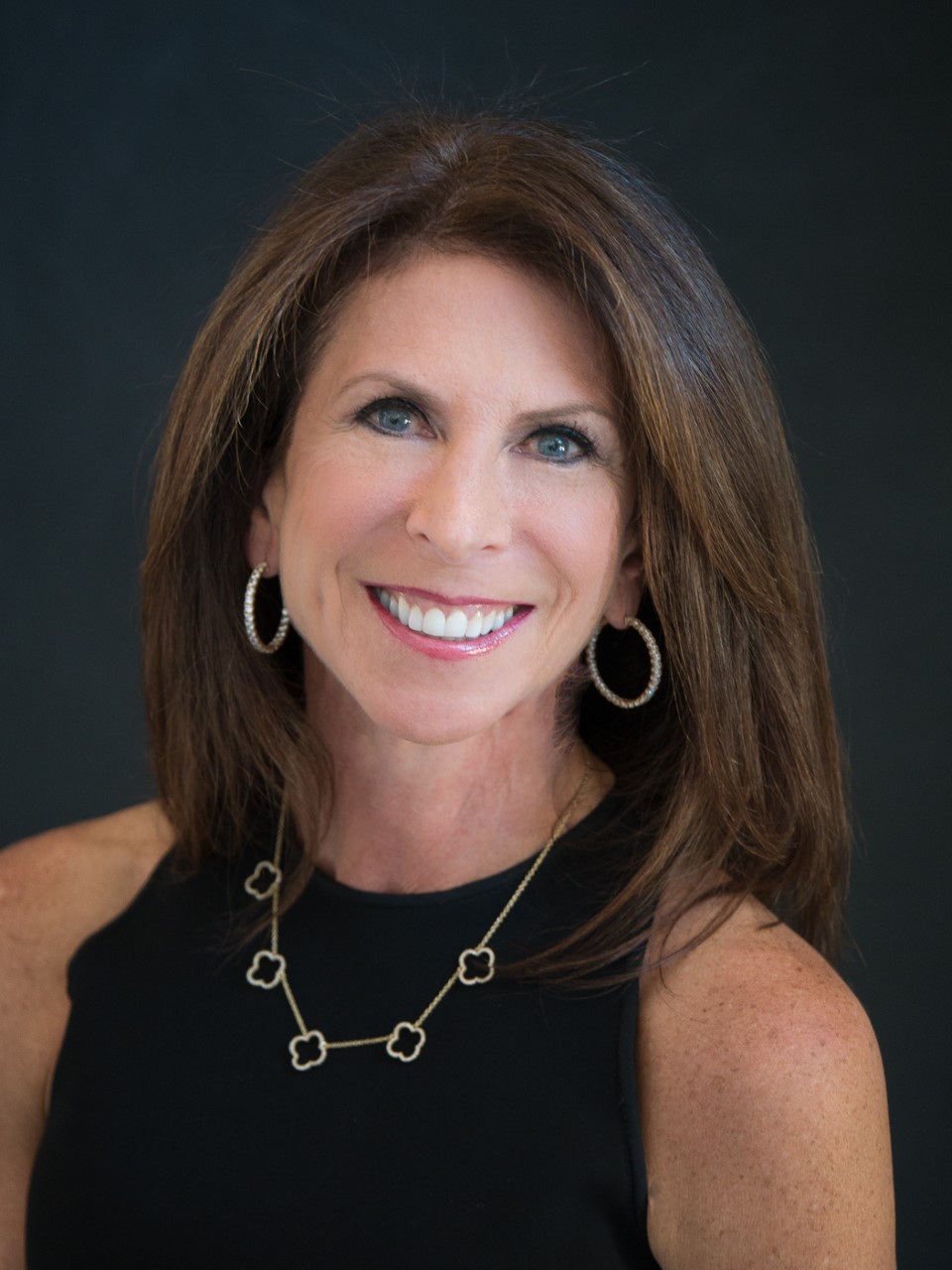
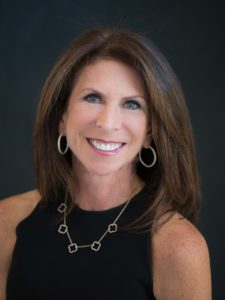 I grew up in Cincinnati in a family of wonderful role models. I came to Atlanta to attend law school at Emory and practiced until my second daughter was born. Yet I found over the years, that my community engagements were incredibly fulfilling replacements for my law career. The missions of our local nonprofits, and their impact on the community is profound. That’s why I’m thrilled to be the new chair of the advisory board of Atlanta Jewish Foundation. I deeply believe that the Foundation is the future of our Federation and that growing its assets is the best way to strengthen the Jewish community.
I grew up in Cincinnati in a family of wonderful role models. I came to Atlanta to attend law school at Emory and practiced until my second daughter was born. Yet I found over the years, that my community engagements were incredibly fulfilling replacements for my law career. The missions of our local nonprofits, and their impact on the community is profound. That’s why I’m thrilled to be the new chair of the advisory board of Atlanta Jewish Foundation. I deeply believe that the Foundation is the future of our Federation and that growing its assets is the best way to strengthen the Jewish community.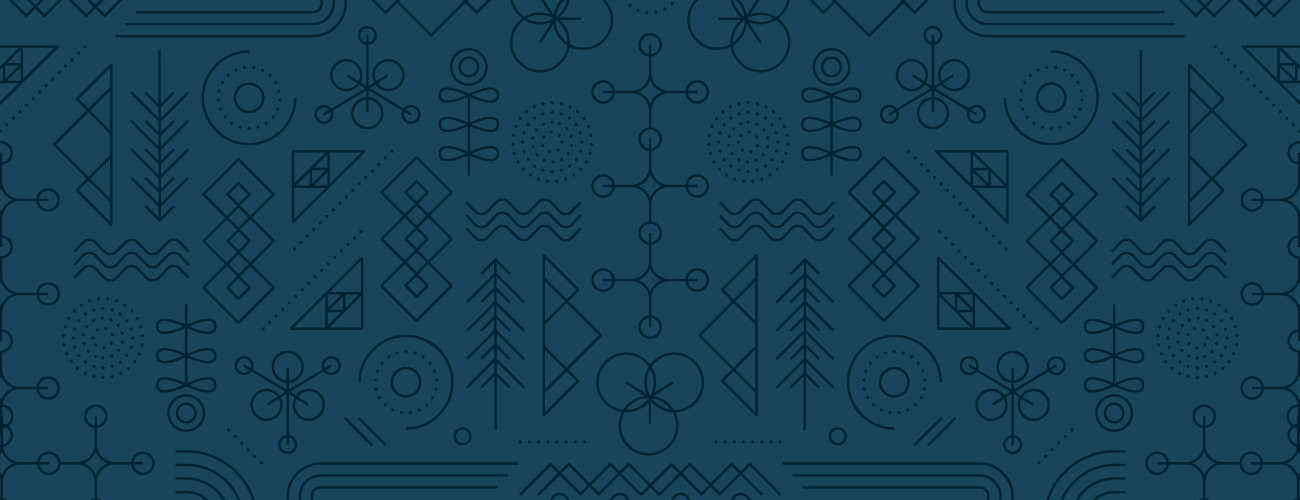
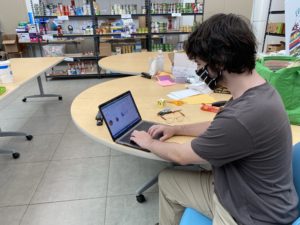
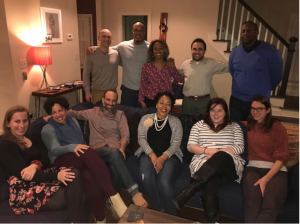
 Imagine if more people re-thought mental illness as a quest for mental and spiritual wellness. Imagine if more people had the tools to understand, support, and overcome the shame, stigma, and challenges of substance abuse. Now, with support from a Federation Innovation Propel grant, Atlanta-based
Imagine if more people re-thought mental illness as a quest for mental and spiritual wellness. Imagine if more people had the tools to understand, support, and overcome the shame, stigma, and challenges of substance abuse. Now, with support from a Federation Innovation Propel grant, Atlanta-based 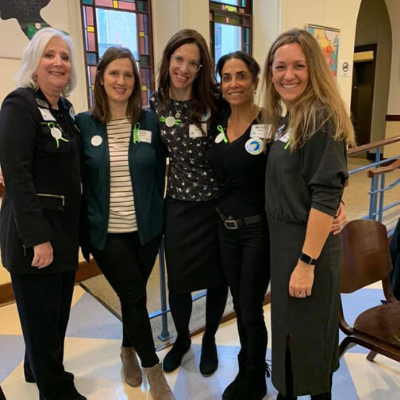
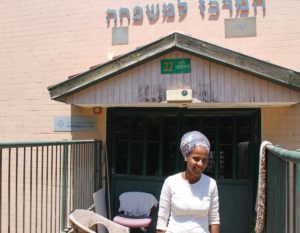
 Empowering Yokneam’s Ethiopian Families
Empowering Yokneam’s Ethiopian Families
 Educated and Empowered, Thanks to ALEF Fund
Educated and Empowered, Thanks to ALEF Fund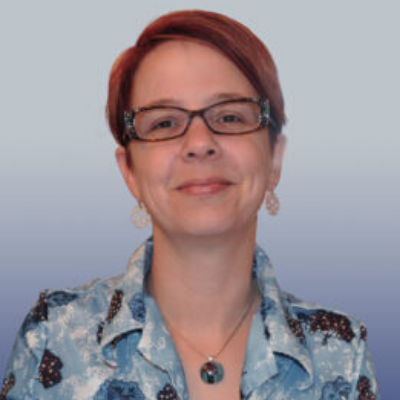
 When “R’s” mother voluntarily handed over her car keys and announced to the family that she was ready to give up driving, there was relief all around. But suddenly, new challenges emerged. How would this lively woman, now in her 90s, get to the places she needs and wants to go? Her daughter was on board to take Mom to doctor’s appointments, but how would she keep up social connections with friends, grooming sessions and vet appointments for her dog, and trips to the grocery store to maintain her vital sense of independence?
When “R’s” mother voluntarily handed over her car keys and announced to the family that she was ready to give up driving, there was relief all around. But suddenly, new challenges emerged. How would this lively woman, now in her 90s, get to the places she needs and wants to go? Her daughter was on board to take Mom to doctor’s appointments, but how would she keep up social connections with friends, grooming sessions and vet appointments for her dog, and trips to the grocery store to maintain her vital sense of independence?

